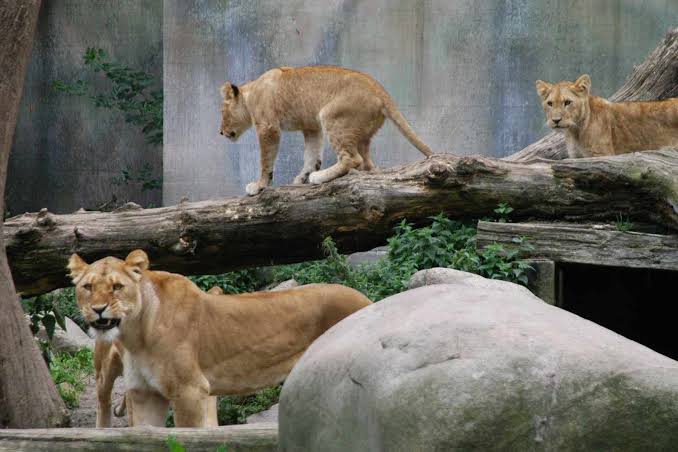A zoo in northern Denmark has ignited debate after calling on the public to donate unwanted small pets and horses to feed its carnivorous animals
Aalborg Zoo announced on social media that it is accepting live rabbits guinea pigs chickens and horses as donations for predator feed arguing that the practice supports animal welfare by replicating the natural food chain
In its statement the zoo said that “in zoos we have a responsibility to imitate the natural food chain of the animals in terms of both animal welfare and professional integrity”
Donated animals are not fed live to the predators Instead they are humanely euthanised by trained staff before being offered whole as prey This approach the zoo says ensures that its lions tigers and other carnivores receive food that mirrors what they would hunt in the wild including fur feathers and bones
The zoo accepts rabbits guinea pigs and chickens on weekdays between 10am and 1pm but no more than four at a time Horses are also accepted but under stricter conditions They must not have received medical treatment in the past month must be fit for transport and are subject to size limits Once received the horses are euthanised by a veterinarian and a trained zookeeper
The zoo insists that the practice is grounded in sound zoological principles and aims to reduce waste and improve the physical and psychological health of its predators
“That way nothing goes to waste and we ensure natural behavior nutrition and well being for our predators” the zoo said
Online reactions have been mixed with some praising the zoo’s ecological approach while others expressed concern over the idea of beloved pets being used as feed
“It is unsettling to think your childhood rabbit could end up as a lion’s lunch” one user commented on Facebook
Others were more supportive suggesting it was a practical and humane alternative to abandonment or euthanasia for aging or unwanted animals
Aalborg Zoo is not alone in this approach Several European zoos follow similar practices but public appeals for such donations remain rare and often controversial



















